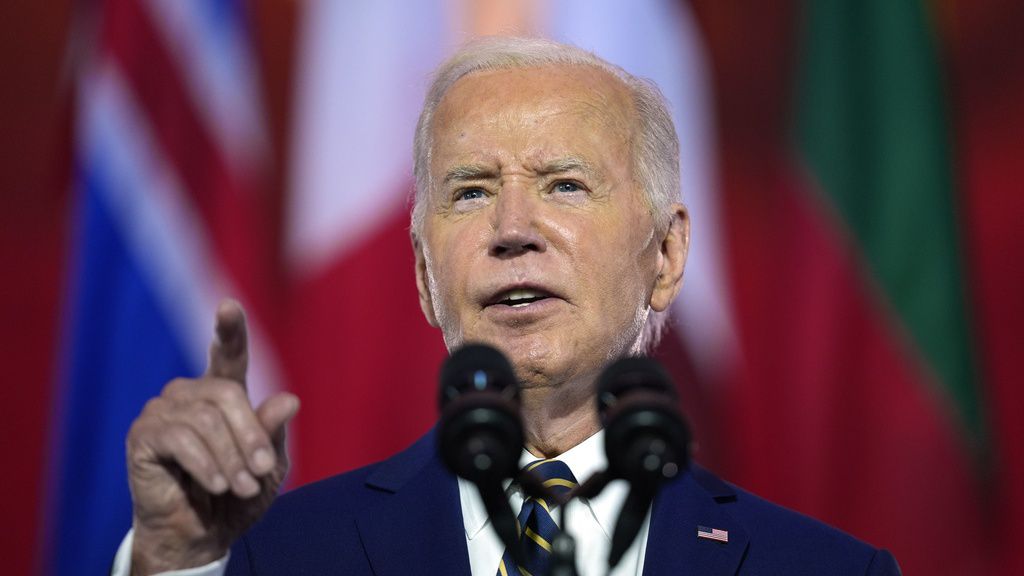As the Aug. 10 Primary Election nears and political advertisements ramp in both frequency and intensity, Hawaii lawmakers have moved to ensure that AI-generated deepfakes do not unfairly tip the outcome of local races.
Last week, Gov. Josh Green signed into law Senate Bill 2686, which prohibits and penalizes the distribution of “materially deceptive media” and provides for remedies to parties targeted by such media.
Deepfakes are photos, video, audio or other media that have been altered or generated by AI in a way that misrepresents or altogether falsifies a person’s identity, words or actions. Hawaii is the 13th state to enact legislation regulating such media.
“While artificial intelligence holds tremendous potential for innovation, the threat posed by manipulated media cannot be underestimated,” said state Rep. Trish La Chica. “Deepfakes can distort our perception of reality, harming not just political candidates but any individual targeted by this technology.”
As the bill itself notes, “The use of deepfakes or generative AI in elections can be a powerful tool used to spread disinformation and misinformation, which can increase political tensions and result in electoral-related conflict and violence.”
The bill was drafted in partnership with the Washington, D.C.-based Public Citizen, consumer advocate and former presidential candidate Ralph Nader’s progressive think tank and advocacy group.
“Hawaii’s new law regulating deepfakes is a testament to the hard work of the state legislators who have helped safeguard our democracy ahead of a critical election this November,” said Jonah Minkoff-Zern, a democracy advocate with Public Citizen. “The FEC and Congress must follow Hawaii’s example and prioritize this urgent threat to American election security.”
Deepfake content can still be legally distributed but only if it includes a disclaimer informing audiences that the media “has been manipulated by technical means and depicts appearance, speech or conduct that did not occur." The disclaimer must be prominently displayed, in the same language used in the media and, in the case of videos, displayed through the entirety of the video. For audio-only content, the disclaimer has to be clearly spoken at the beginning and end of the clip.
Media generated using an existing video, image or audio recording must include a citation directing the viewer or listener to the original sources.
Initial violation of the law can be prosecuted as a petty misdemeanor. A second offence within five years of a previous conviction for the same violation qualifies as a misdemeanor. Violations with the intent of causing violence or bodily harm are subject to class C felony charges.
Michael Tsai covers local and state politics for Spectrum News Hawaii. He can be reached at michael.tsai@charter.com.



